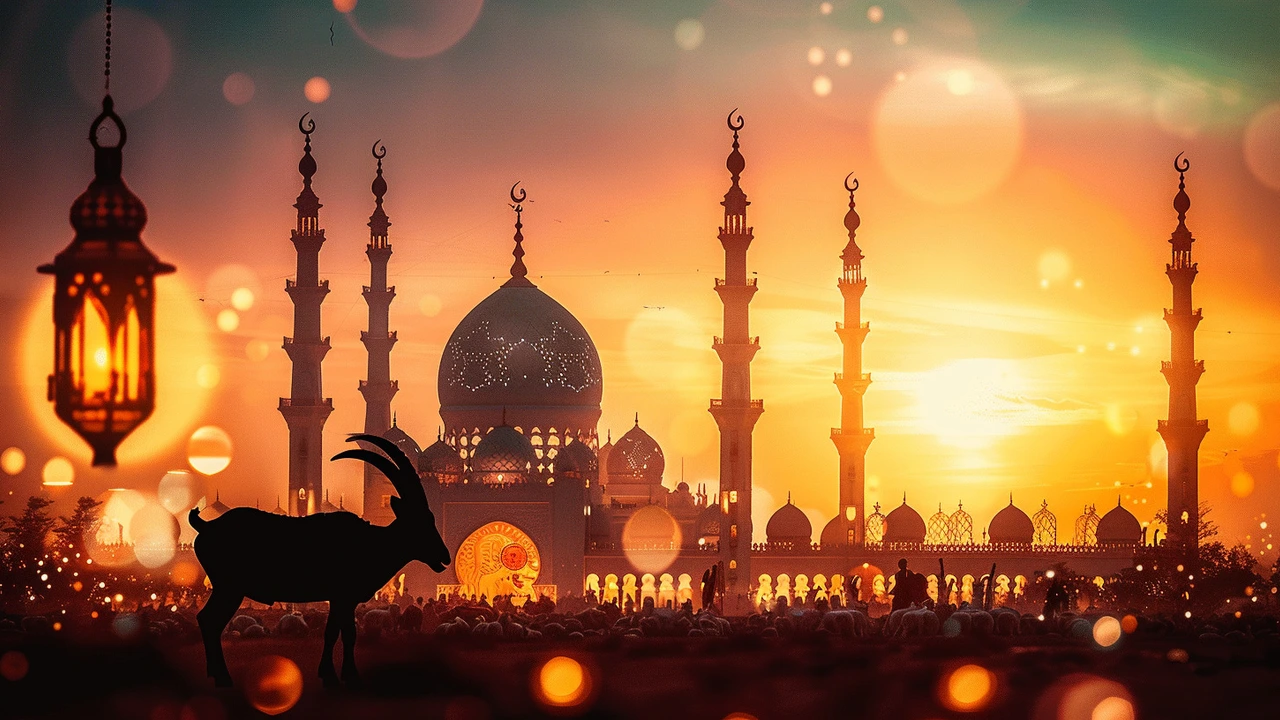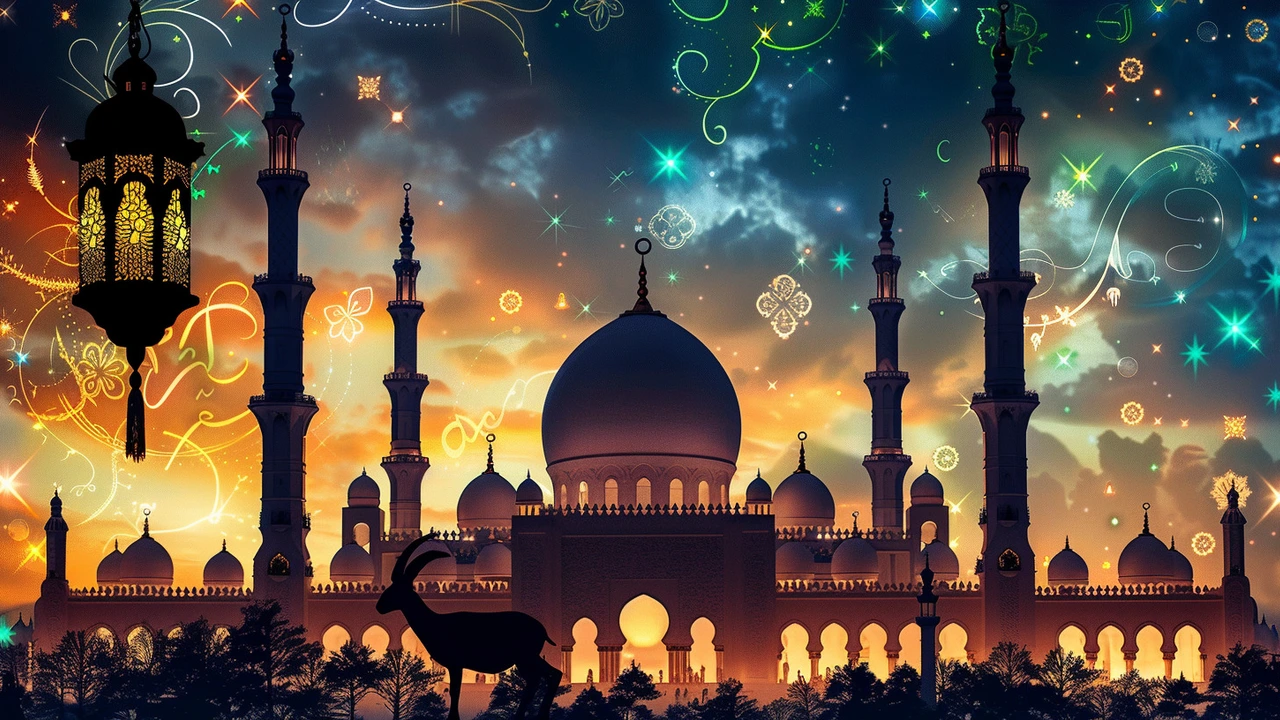Eid ul-Adha, also widely known as Bakra Eid or the Festival of Sacrifice, holds substantial importance for the Muslim community worldwide. This event, which is part of the Islamic lunar calendar, falls on the 10th day of Dhu al-Hijjah, the last month of the Islamic year. In 2024, Eid ul-Adha is expected to be celebrated on June 17 in India, though the exact date might slightly vary based on the sighting of the crescent moon, a significant aspect of Islamic traditions. This festival not only marks the end of Hajj, the annual pilgrimage to Mecca, but also commemorates the profound willingness of Prophet Ibrahim (Abraham) to sacrifice his son as an act of obedience to God. The divine intervention that led to the substitution of his son with a ram is the core of this celebration.
The customs of Eid ul-Adha are deeply rooted in the Islamic faith and are observed with sincere devotion. The day begins with a special prayer at the mosque, where Muslims gather to offer their gratitude and seek blessings. This prayer is often followed by a sermon that emphasizes the values and lessons derived from the story of Ibrahim’s sacrifice.
One of the central practices of Eid ul-Adha involves the Qurbani, or the ritual sacrifice of an animal such as a goat, sheep, cow, or camel. This act symbolizes the willingness to give up something valuable in the way of God. The meat from this sacrifice is then distributed in three parts: one-third is given to the poor and needy, another third is shared with relatives, friends, and neighbors, and the remaining third is kept for the family. This practice fosters a sense of community and ensures that the blessings of Eid reach everyone, particularly those less fortunate.

Eid ul-Adha is quintessentially a family-centric festival. Preparations often begin several days in advance, with households cleaning, decorating, and purchasing new clothes. On the day of Eid, families come together for a grand feast, which includes special dishes and sweets that vary from one region to another. The celebratory meal commonly features the meat from the sacrificed animal, prepared in diverse and traditional recipes.
This festival is also an opportunity for familial bonding and reconciliation. It is a time for Muslims to mend broken relationships, seek forgiveness, and extend a hand of friendship and solidarity. Visiting the homes of relatives and friends, sharing meals, and exchanging gifts are common practices that enhance the spirit of brotherhood and unity.
As digital communication becomes more embedded in our lives, sharing the essence and joy of Eid ul-Adha through social media has become increasingly popular. Sending heartfelt wishes, greetings, and messages to one another has now extended beyond physical boundaries, allowing people to connect with loved ones, no matter where they are in the world.
With that in mind, here are some eloquent and meaningful Eid ul-Adha wishes and greetings to share:

In addition to simple greetings, sharing thoughtful quotes that capture the significance of Eid ul-Adha can also bring depth to your messages. Here are some profound words to inspire:
As the auspicious day of Eid ul-Adha approaches, it is essential for Muslims around the world to come together in the spirit of unity and generosity. The essence of this festival lies in its ability to bring people closer, fostering a sense of compassion and empathy that transcends all other barriers. Whether through personal interactions or virtual communications, sharing heartfelt wishes and messages can greatly enhance the celebration and make the occasion more memorable. As you prepare to celebrate Eid ul-Adha on June 17, 2024, in India, or wherever you are, may you and your loved ones find joy, peace, and countless blessings. Eid Mubarak!
Write a comment